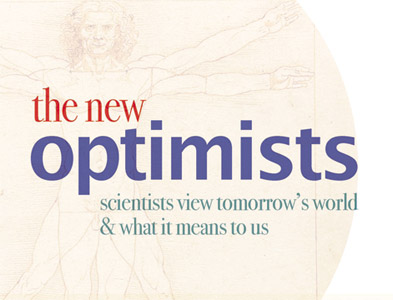After sleep, work is the biggest sole occupier of people’s time.
And work isn’t necessarily all good for you. The traditional causes of the diseases of working liv es were physical — chemicals, gases, fumes, metals and toxins, viruses and dusts. Add in too the ergonomics of some work, long working hours, the diurnal disturbances due to shift work.
es were physical — chemicals, gases, fumes, metals and toxins, viruses and dusts. Add in too the ergonomics of some work, long working hours, the diurnal disturbances due to shift work.
Such were the concerns of occupational medicine until the mid-1990s. Since then, there has been growing awareness of psychological hazards as the root cause of many health problems in the workplace.
 Given the importance of work in our lives, argues Professor Craig Jackson, the occupational arena is the best forum for improving public health and combating chronic health problems such as diabetes or obesity or mental health problems.
Given the importance of work in our lives, argues Professor Craig Jackson, the occupational arena is the best forum for improving public health and combating chronic health problems such as diabetes or obesity or mental health problems.
Professor Jackson is Head of the Psychology Division and Professor of Occupational Health Psychology at Birmingham City University.
 His main research interests are in how workplaces and working affect people’s health and psychological well-being. He has specific interest in unusual and rare occupations, work-related suicide, and emerging issues such as technology change, workplace cultures and new working practices. He maintains a research interest in some of the traditional issues such as pesticides, metal and chemical exposures, and working hours
His main research interests are in how workplaces and working affect people’s health and psychological well-being. He has specific interest in unusual and rare occupations, work-related suicide, and emerging issues such as technology change, workplace cultures and new working practices. He maintains a research interest in some of the traditional issues such as pesticides, metal and chemical exposures, and working hours










